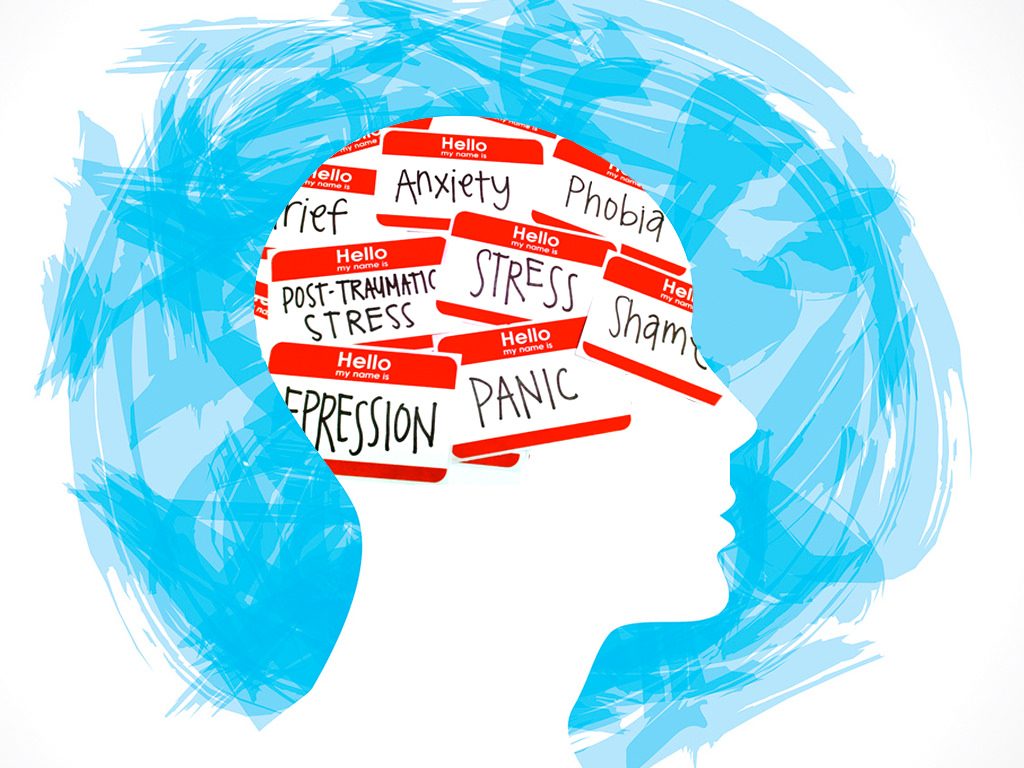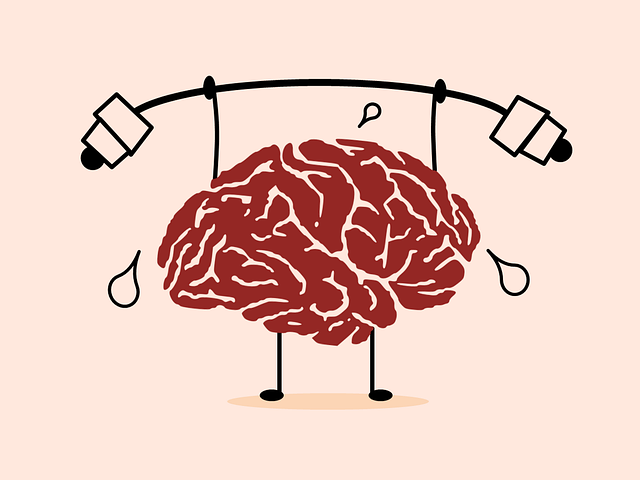Nowadays, mental health is no longer considered a taboo topic in many parts of the world. Because of modern science, some people slowly learned how to accept the truth behind Jewish mental health care, and many are educating others on why we should talk about it. However, not everyone is receptive to this shift.

Talking about mental health is seldom easy; it is especially difficult to discuss it in public. It is a sensitive topic to broach for a lot of people with mental disability. With all the negativity and wrong mindset surrounding mental health, it takes time and effort for people with mental disability to speak out.
Mental Health Stigma
The stigma surrounding mental health is particularly dangerous for those going through it. Even though we can now see thousands of articles about mental health and hundreds of forums about it, it is still not widely accepted by all. Adding to the struggles of those battling mental health issues are the negative connotations, prejudices, and misconceptions of others about mental health. “Mental health symptoms are still viewed as threatening and uncomfortable,” Graham C.L. Davey Ph.D. points out.
Once diagnosed, a person with mental health illness turns his or her life upside down. Most of the time, he or she will not share the news even with close family and friends due to the fear of being misunderstood, fear of exclusion, and fear of being victimized by the mental health stigma. See, this is where our society is wrong. Instead of helping people with mental illness, society tends to hurt them more.
Mental Health In The Jewish Community

The status of mental health in the Jewish community is still not completely in light. It is still somewhat a taboo among them. Some Jewish families would opt not to speak about the said topic at the dinner table.
If it is any other physical condition, chances are the community will come together to fight it—there will be funding, awareness programs, and community support. However, this is not the case when it comes to those with mental illnesses. Moreover, nine out of ten people experiencing mental health problems also suffer from discrimination.
In a study conducted by Itzhak Levav, M.D. and co-authors, they found out that, “Jewish males had significantly higher rates of major depression than Catholics, Protestants, and all non-Jews combined.”
Some Jewish communities have started campaigns and awareness programs tackling mental health. More often than not, it is the families of the mentally disabled who don’t completely understand the effects of mental illness on a person. Some see it as a weakness while others treat them as if they are a crazy person. In this type of situation, undergoing therapy seems impossible since people surrounding you will only treat you less and make you feel less. “Within the Orthodox Jewish (OJ) community, there is a hesitation among those in need of mental health services to seek treatment, primarily due to stigmatized views toward mental illness,” Shlomo Bineth, Ph.D. added.

It’s high time we speak about mental health, its illnesses, and how it can affect a community as a whole. We should learn from and correct the mistakes of the past and encourage people to talk about their mental health rather than lose a bunch of people for suffering in silence. We should not wait until it happens to someone personally close to our hearts. We should be brave and strong enough to start tackling mental health issues, one community at a time.